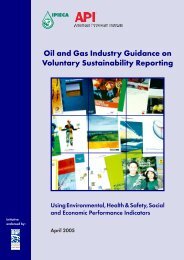Principles for Engagement with Communities and Stakeholders
Principles for Engagement with Communities and Stakeholders
Principles for Engagement with Communities and Stakeholders
Create successful ePaper yourself
Turn your PDF publications into a flip-book with our unique Google optimized e-Paper software.
the community <strong>and</strong> also the value of effective engagement <strong>and</strong> has developed this<br />
agreed set of principles in collaboration <strong>with</strong> industry <strong>and</strong> other stakeholders.<br />
It is becoming increasingly important that all parties learn to use public<br />
participation effectively, given limited community capacity, to ensure that<br />
engagement <strong>with</strong> the community <strong>and</strong> stakeholders goes beyond simply<br />
meeting the <strong>for</strong>mal requirements of legislation.<br />
WHO IS ENGAGED COMMUNITIES AND STAKEHOLDERS<br />
These principles draw on the underst<strong>and</strong>ing of ‘community’ <strong>and</strong> ‘stakeholders’<br />
outlined in the Guidance <strong>for</strong> Implementation of Enduring Value — the Australian<br />
Minerals Industry Framework <strong>for</strong> Sustainable Development, launched by the<br />
Minerals Council of Australia in October 2004.<br />
COMMUNITY (INCLUDING LOCAL AND AFFECTED COMMUNITY)<br />
A community is a group of people living in a particular area or region. In<br />
resource industry terms, community is generally applied to the inhabitants of<br />
immediate <strong>and</strong> surrounding areas who are affected by a company’s activities.<br />
The resources industry needs to recognise the important role that communities<br />
can play in development planning <strong>and</strong> operations <strong>and</strong> the significant influence<br />
they can have on proposed developments. Companies must have the<br />
right attitude to community <strong>and</strong> stakeholder engagement, as communities<br />
will recognise consultation that is not genuine <strong>and</strong> a mutually satisfactory<br />
conclusion will be delayed or not reached. The resources industry needs<br />
to address community <strong>and</strong> stakeholder consultation as a central part of its<br />
business, not a peripheral ‘part of the process’.<br />
The term local or host community is usually applied to those living in the<br />
immediate vicinity of an operation, whether indigenous or non-indigenous<br />
people, <strong>and</strong> who may have cultural affinity <strong>with</strong>, a claim to, or direct ownership<br />
of an area affected by the operation.<br />
Affected community refers to the members of the community affected by a<br />
company’s activities. The effects are most commonly social (including cultural<br />
<strong>and</strong> spiritual), economic, environmental <strong>and</strong> political. While the economic <strong>and</strong><br />
5


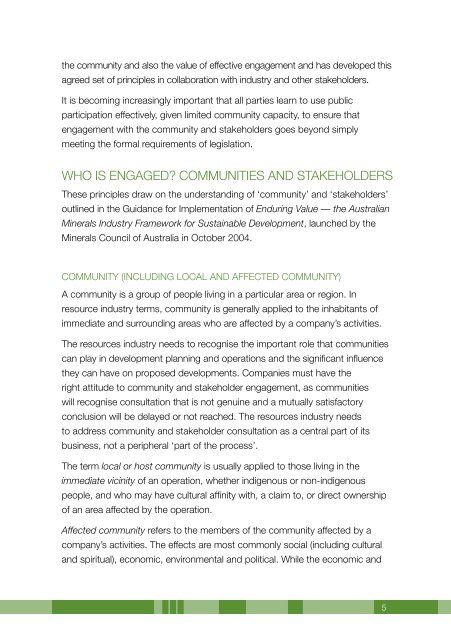
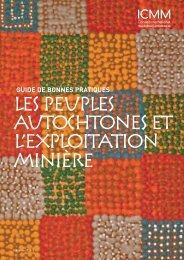
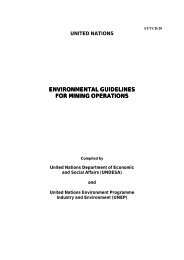
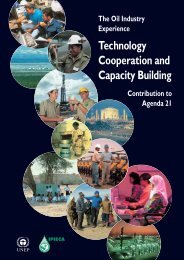
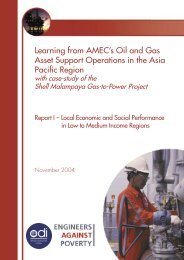
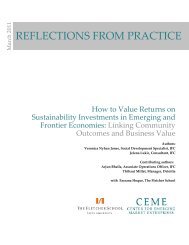
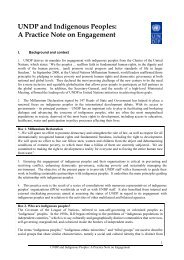
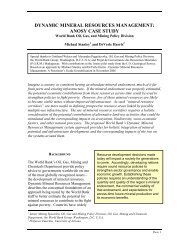
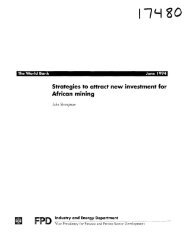
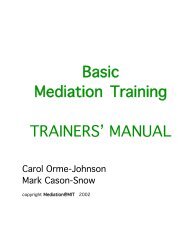
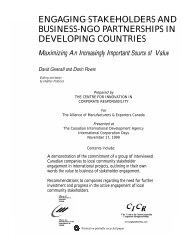
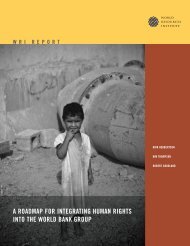
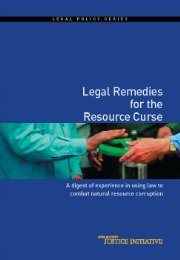
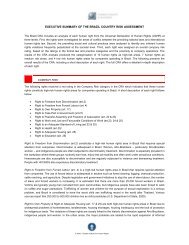
![[PDF] Community Development Toolkit - CommDev](https://img.yumpu.com/48616495/1/184x260/pdf-community-development-toolkit-commdev.jpg?quality=85)
